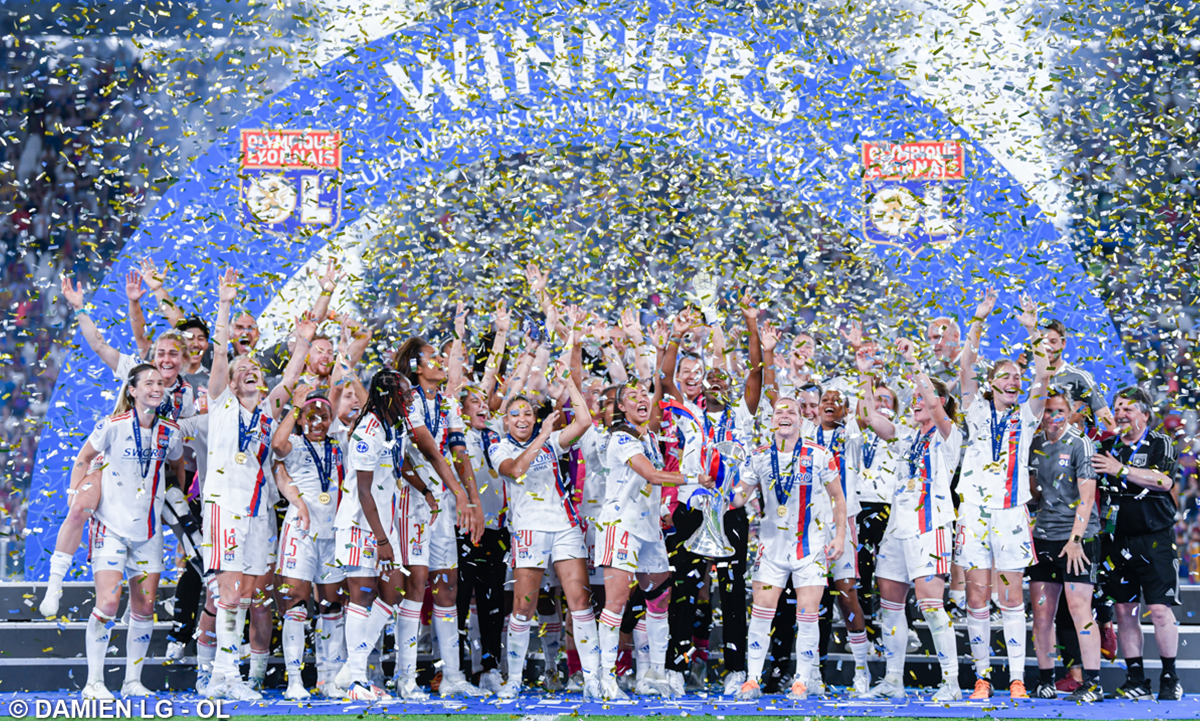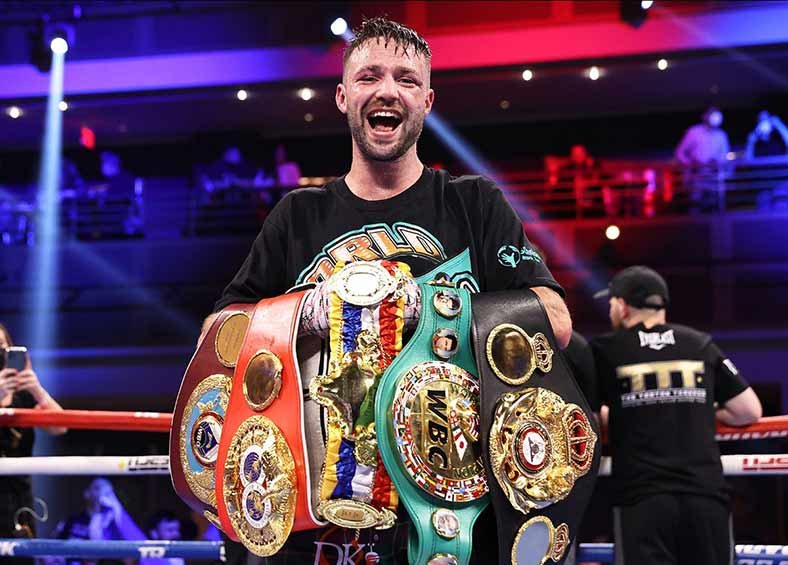Right before the Beijing 2022 Winter Olympic Games we released our medal predictions for each event, just as we did for Tokyo 2020.
Back in the summer we were generally accurate. One reason we all love sport is because the outcome is uncertain regardless of previous results. Yet we exactly predicted at least three medalists (meaning name and color) in 23 of the competitions.This time we did that for only five competitions.
Considering that the Winter Olympic Games comprise roughly a third of competitions vis-à-vis the Summer edition, this was still way lower.Last time out we were slightly more accurate than the predictions by the Associated Press.
This time we decided to compare ourselves to AP and also to Sports Illustrated. We were not the most accurate this time. Ouch! But we were all not as accurate this time as we were for Tokyo 2020. This time we only exactly predicted 25.7% of the medalists, for also 25.4% by Sports Illustrated and 27% by the Associated Press, and our accurate predictions were: 49% by The Sportspedia, 52% by AP and 53% by SI.
The only competitions where we all exactly predicted all medalists and their respective colors were the Figure Skating Team event and Women’s Ice Hockey.
Still, several of the expected figures won. The following were the cases were the three publications had the gold winner right:
- Francesco Friedrich (DEU) and company in of both Men’s Bobsleigh events
- Irene Schouten (NED) in the three Women’s Speed Skating long distance events
- Ayumu Hirano (JPN) in Men’s Snowboard Halfpipe
- Ryōyū Kobayashi in Men’s Ski Jumping Normal Hill
- Suzanne Schulting (NED) in the Women’s Short Track 1,000 meters
- Germany in the Luge Team Relay,
- Johannes Ludwig (DEU) in Men’s Singles Luge
- Sandra Näslund (SWE) in Women’s Ski Cross
- Ryan Regez (CHE) in the Men’s Division
- Eileen Gu (CHN) in the Women’s Ski Halfpipe
- Gabriella Papadakis / Guillaume Cizeron (FRA) in Figure Skating Ice Dance
- Nathan Chen (USA) in Men’s Singles Figure Skating
- Therese Johaug (NOR) in the two longer Cross-Country Ski events
- Johannes Høsflot Klæbo (NOR) in Men’s Sprint Cross-Country Ski
- Norway in the Men’s and Mixed Biathlon Relays
- Marte Olsbu Røiseland (NOR) in the two shorter Biathlon events
- Marco Odermatt (CHE) in Men’s Giant Slalom.
- In terms of the overall table, we had Norway 1st, with 16 gold medals and Germany 2nd, with 12. Then we had Sweden and Netherlands with 8. We were spot on there but did not expect China (9; we expected 5) and the United States (8; we expected 4) to surpass them.
We did predict, however, that these would be the best Winter Olympic Games ever for China, that Belgium would have its first gold medal since 1948, and that New Zealand would score its first Winter Olympic gold medals.
There were several other surprising results, including Mikael Kingsbury (CAN) and Perrine Laffont (FRA) not winning the Moguls competitions, and Maxim Burov (RUS, ROC) not winning an Aerials gold medal altogether, Mikaela Shiffrin (USA) no winning any medal in Alpine Skiing, and obviously also Kamila Valieva (RUS, ROC) not winning the Women’s Figure Skating Individual event.
In the end, some of the main figures delivered and the medal tally ended generally as expected there weren’t any huge outsider upsets as we saw in Tokyo 2020, except perhaps for Stefania Constantini / Amos Mosaner (ITA) in the Mixed Curling event -winning every single match-, and Urša Bogataj (SVN) in the Women’s Ski Jump event.
Every other gold medal winner was on the radar .This means that overall, Beijing 2022 was more unpredictable than Tokyo 2022 in terms of medalists, but it also had less upsets.
This makes us think that overall we had very competitive Games, where more than three realistic gold medal options in the majority of the competitions.




